SOLUBID 300MG TABLET
MRP ₹26
(Inclusive of all Taxes)
₹3.9 Cashback (15%)
Provide Delivery Location
Online payment accepted
 Prescription drug
Prescription drugWhats That
Composition :
Manufacturer/Marketer :
Consume Type :
Expires on or after :
Return Policy :
About SOLUBID 300MG TABLET
SOLUBID 300MG TABLET belongs to a group of medicines called the biliary agents or gall stone dissolution agents used to treat gall stones, primary biliary cholangitis (an autoimmune disease of the liver), excess cholesterol in bile and children above 6years with biliary and liver diseases caused by cystic fibrosis.
SOLUBID 300MG TABLET contains ursodeoxycholic acid, which is a naturally-occurring bile acid. SOLUBID 300MG TABLET helps decrease the production of cholesterol in the blood, thereby dissolving gall bladder stones composed mainly of cholesterol. SOLUBID 300MG TABLET has a protective effect on the liver cells from injury caused due to toxic bile acids and improves liver function.
Take SOLUBID 300MG TABLET with food. You are advised to take SOLUBID 300MG TABLET for as long as your doctor has prescribed it for you depending on your medical condition. In some cases, you may experience certain common side-effects such as abdominal discomfort, abdominal pain, diarrhoea, nausea, rash, dizziness, indigestion and weakness. Most of these side-effects do not require medical attention and will resolve gradually over time. However, you are advised to talk to your doctor if you experience these side-effects persistently.
Inform your doctor before taking SOLUBID 300MG TABLET if you have variceal bleeding (high blood pressure in portal veins), ascites (excess abdominal fluid), liver encephalopathy or liver disease. Do not take SOLUBID 300MG TABLET if you are pregnant or breastfeeding unless prescribed. SOLUBID 300MG TABLET can be given to children above 6 years if prescribed by the doctor. Avoid consuming alcohol along with SOLUBID 300MG TABLET as it could lead to increased drowsiness and liver damage. Keep your doctor informed about your health condition and medicines to rule out any side-effects.
Uses of SOLUBID 300MG TABLET
Directions for Use
Key Benefits
SOLUBID 300MG TABLET contains ursodeoxycholic acid, which is a naturally-occurring bile acid. It belongs to a group of medicines called the biliary agent or gall stone dissolution agents used to treat gall stones, primary biliary cholangitis (an autoimmune disease of the liver), excess cholesterol in bile children above 6 years with biliary and liver diseases caused by cystic fibrosis. SOLUBID 300MG TABLET breaks down the cholesterol that has formed into gall bladder stones, thereby dissolves the stones. SOLUBID 300MG TABLET has a protective effect on the liver cells and the immune system, thereby improving liver function. SOLUBID 300MG TABLET decreases the amount of cholesterol produced by the liver and absorbed by the intestine. In patients with primary biliary cirrhosis, SOLUBID 300MG TABLET increases the bile flow.
Storage
- Inform your doctor about dizziness symptoms. They may adjust your medication regimen or prescribe additional medications to manage symptoms.
- Follow your doctor's instructions for taking medication, and take it at the same time every day to minimize dizziness.
- When standing up, do so slowly and carefully to avoid sudden dizziness.
- Avoid making sudden movements, such as turning or bending quickly, which can exacerbate dizziness.
- Drink plenty of water throughout the day to stay hydrated and help alleviate dizziness symptoms.
- If you're feeling dizzy, sit or lie down and rest until the dizziness passes.
- Track when dizziness occurs and any factors that may trigger it, and share this information with your doctor to help manage symptoms.
- Take medications with food (if recommended): It can help prevent stomach distress and indigestion.
- Eat smaller, more frequent meals: Divide daily food intake into smaller, more frequent meals to ease digestion.
- Avoid trigger foods: Identify and avoid foods that trigger indigestion, such as spicy, fatty, or acidic foods.
- Stay upright after eating: Sit or stand upright for at least 1-2 hours after eating to prevent stomach acid from flowing into the oesophagus.
- Avoid carbonated drinks: Avoid drinking carbonated beverages, such as soda or beer, which can worsen indigestion.
- Manage stress: To alleviate indigestion, engage in stress-reducing activities like deep breathing exercises or meditation.
- Consult a doctor if needed: If indigestion worsens or persists, consult a healthcare professional to adjust the medication regimen or explore alternative treatments.
Drug Warnings
Do not take SOLUBID 300MG TABLET if you are allergic to any of its contents, if you have inflammation of gall bladder and bile ducts, narrowing or blockage bile ducts, biliary colic, calcified gallstones, improper constriction of the gallbladder, gastric or duodenal ulcer. Inform your doctor before taking SOLUBID 300MG TABLET if you have variceal bleeding (high blood pressure in portal veins), ascites (excess abdominal fluid), liver encephalopathy or liver disease. Consult your doctor before taking SOLUBID 300MG TABLET with other medicines as SOLUBID 300MG TABLET might reduce the absorption of antibiotics (ciprofloxacin and dapsone) and antihypertensive agents (nitrendipine), increase the effect of immunosuppressants (cyclosporine), oral contraceptives (oestrogen) and cholesterol-lowering agents (clofibrate) might promote the formation of gallstones. Do not take SOLUBID 300MG TABLET if you are pregnant or breastfeeding unless prescribed. SOLUBID 300MG TABLET can be given to children above 6 years if prescribed by the doctor. Avoid consuming alcohol along with SOLUBID 300MG TABLET as it could lead to increased drowsiness and liver damage. Keep your doctor informed about your health condition and medicines to rule out any unpleasant side-effects.
Drug-Drug Interactions
Drug-Drug Interactions
Login/Sign Up
Drug-Food Interactions
Drug-Food Interactions
Login/Sign Up
Diet & Lifestyle Advise
- Include foods such as bell peppers, citrus fruits, leafy vegetables, tomatoes, milk, fish, low-fat dairy, beans, nuts, lentils, tofu and tempeh in your diet.
- Eat a healthy, well-balanced diet which includes fruits and vegetables.
- Foods rich in Vitamin B, C and calcium, are good for gallbladder.
- Plant-based protein foods such as beans, nuts, lentils, tofu and tempeh help prevent gallbladder disease.
- Avoid high-fat, trans-fat and processed foods.
- White bread, white pasta and sugars should be avoided.
- Avoid tobacco and alcohol consumption.
Side Effects of SOLUBID 300MG TABLET
- Abdominal discomfort
- Abdominal pain
- Diarrhoea
- Nausea
- Fever
- Cough
- Rash
- Dizziness
- Indigestion
- Black or tarry stools
- Frequent and painful urination
- Weakness
Habit Forming
Therapeutic Class
All Substitutes & Brand Comparisons
RX
Ursobiac 300 mg Tablet 10's
Mylan Pharmaceuticals Pvt Ltd
₹290
(₹26.1 per unit)
1015% COSTLIERRX
Ulifine 300 Tablet 10's
Fine Formulations
₹365
(₹32.85 per unit)
1303% COSTLIERRX
Udirise 300 Tablet 10's
Lifeline Healthcare Pvt Ltd
₹365
(₹32.85 per unit)
1303% COSTLIER
Author Details
We provide you with authentic, trustworthy and relevant information
Drug-Diseases Interactions
Drug-Diseases Interactions
Login/Sign Up
FAQs
SOLUBID 300MG TABLET works in decreasing the production of cholesterol and by dissolving the cholesterol in bile, thereby prevents the formation of gallstones. SOLUBID 300MG TABLET decreases the toxic levels of bile acids that accumulate in primary biliary cirrhosis.
Do not discontinue SOLUBID 300MG TABLET without consulting your doctor. To treat your condition effectually continue taking SOLUBID 300MG TABLET for as long as prescribed. Do not be reluctant to speak with your doctor if you feel any difficulty while taking SOLUBID 300MG TABLET.
Diarrhoea might be a side-effect of SOLUBID 300MG TABLET. Drink lots of fluids and eat food rich in fibre if you experience diarrhoea. If you find blood in stools (tarry stools) or if you experience excess diarrhoea consult your doctor. Do not take anti-diarrheal medicine on your own.
Avoid taking aluminium-containing antacids along with SOLUBID 300MG TABLET as they might interfere with the absorption of SOLUBID 300MG TABLET. Maintain a gap of 2 hours between both.
SOLUBID 300MG TABLET might reduce the absorption of antibiotics (ciprofloxacin and dapsone) and antihypertensive agents (nitrendipine). SOLUBID 300MG TABLET might increase the effect of immunosuppressants (cyclosporine). Cholesterol-lowering agents (clofibrate) might promote the formation of gallstones. Inform your doctor before taking SOLUBID 300MG TABLET with other medicines to avoid unpleasant side-effects.
Oral contraceptives (oestrogen) might promote the formation of gallstones. Consult your doctor if you have any concerns regarding this, your doctor may advise other contraception methods.
Drug-Drug Interactions Checker List
- CIPROFLOXACIN
- DAPSONE
- CYCLOSPORINE
- ESTROGEN
- ALUMINUM HYDROXIDE
- ALUMINUM CARBONATE
- NITRENDIPINE
- MAGALDRATE
Special Advise
- Your doctor may advice regular liver function test to monitor the function of the liver and the progress of the treatment.
- SOLUBID 300MG TABLET may rarely cause thinning and loss of hair, if there is excessive loss of hair consult your doctor for further advice.
Disease/Condition Glossary
Primary biliary cholangitis: Primary biliary cholangitis, formerly known as primary biliary cirrhosis, is an autoimmune disease caused by bile ducts damage in the liver. Bile ducts are the small channels which carry the bile (digestive fluid) from the liver to small intestine where it breaks down fats and aids in its absorption. Biliary cirrhosis causes a build-up of bile in the liver, which leads to liver damage.
Gallbladder stones: Gallbladder is a small organ located below the liver which stores bile, which helps with digestion. Excess cholesterol in bile leads to the formation of gallstones. Gallstones can cause pain in the abdomen, dark urine and stools, indigestion, diarrhoea, nausea and vomiting.
Cystic fibrosis: It is a hereditary disease that affects the digestive system and lungs. In this condition, the body produces a thick and sticky fluid that obstructs the pancreas and clogs the lungs.

Have a query?
Alcohol
Safe if prescribed
Avoid consumption of alcohol while taking SOLUBID 300MG TABLET as it may cause increased dizziness and liver damage.
Pregnancy
Consult your doctor
SOLUBID 300MG TABLET belongs to pregnancy category B. Please consult your doctor if you have any concerns regarding this, your doctor will prescribe only if the benefits outweigh the risks.
Breast Feeding
Consult your doctor
Consult your doctor before taking SOLUBID 300MG TABLET; your doctor will decide whether SOLUBID 300MG TABLET can be taken by breastfeeding mothers or not.
Driving
Safe if prescribed
SOLUBID 300MG TABLET does not affect your ability to drive. However, you are advised to be cautious while driving if you experience dizziness.
Liver
Consult your doctor
Dose adjustment may be needed in patients with liver impairment. Please consult your doctor if you have a liver impairment or any concerns regarding this.
Kidney
Consult your doctor
Dose adjustment may be needed in patients with kidney impairment. Please consult your doctor if you have kidney impairment or any concerns regarding this.
Children
Safe if prescribed
SOLUBID 300MG TABLET can be given to children with caution above 6 years and only if prescribed by the doctor.




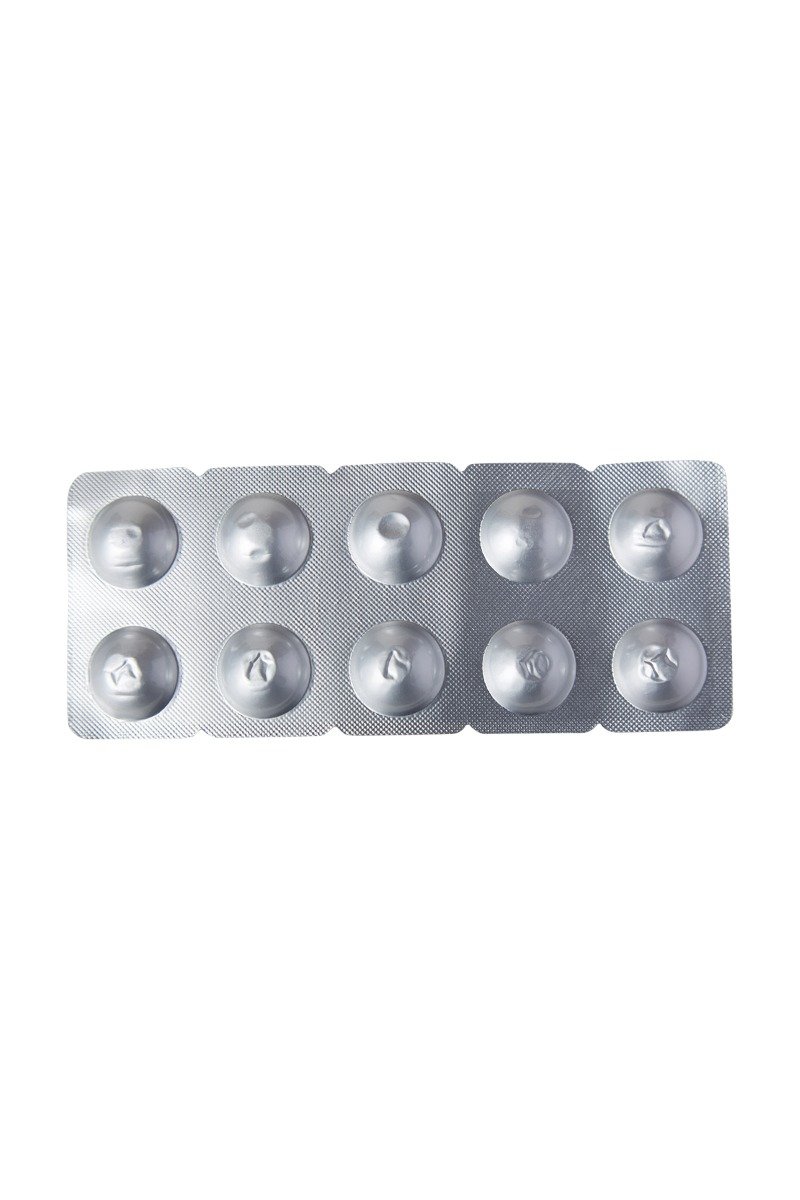

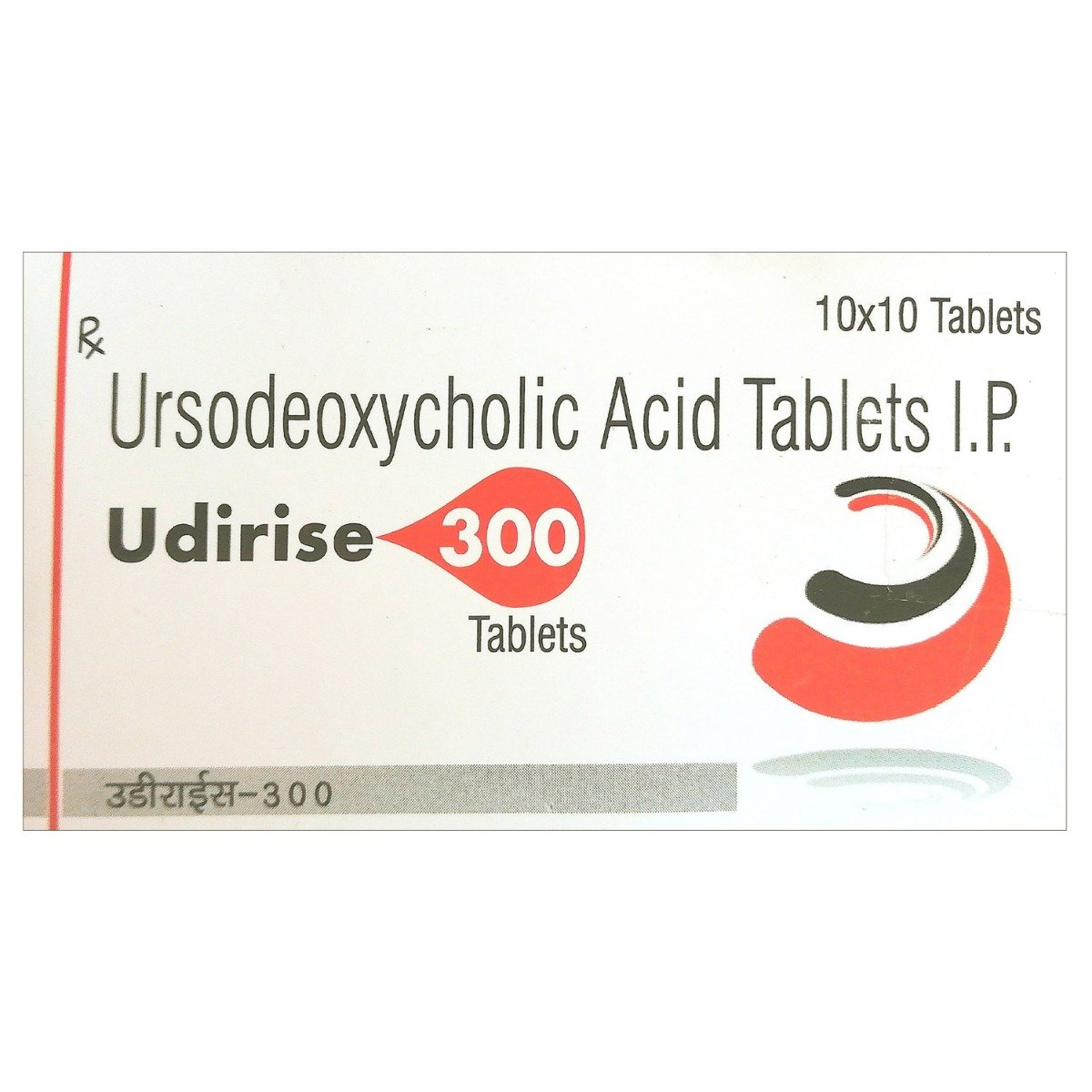
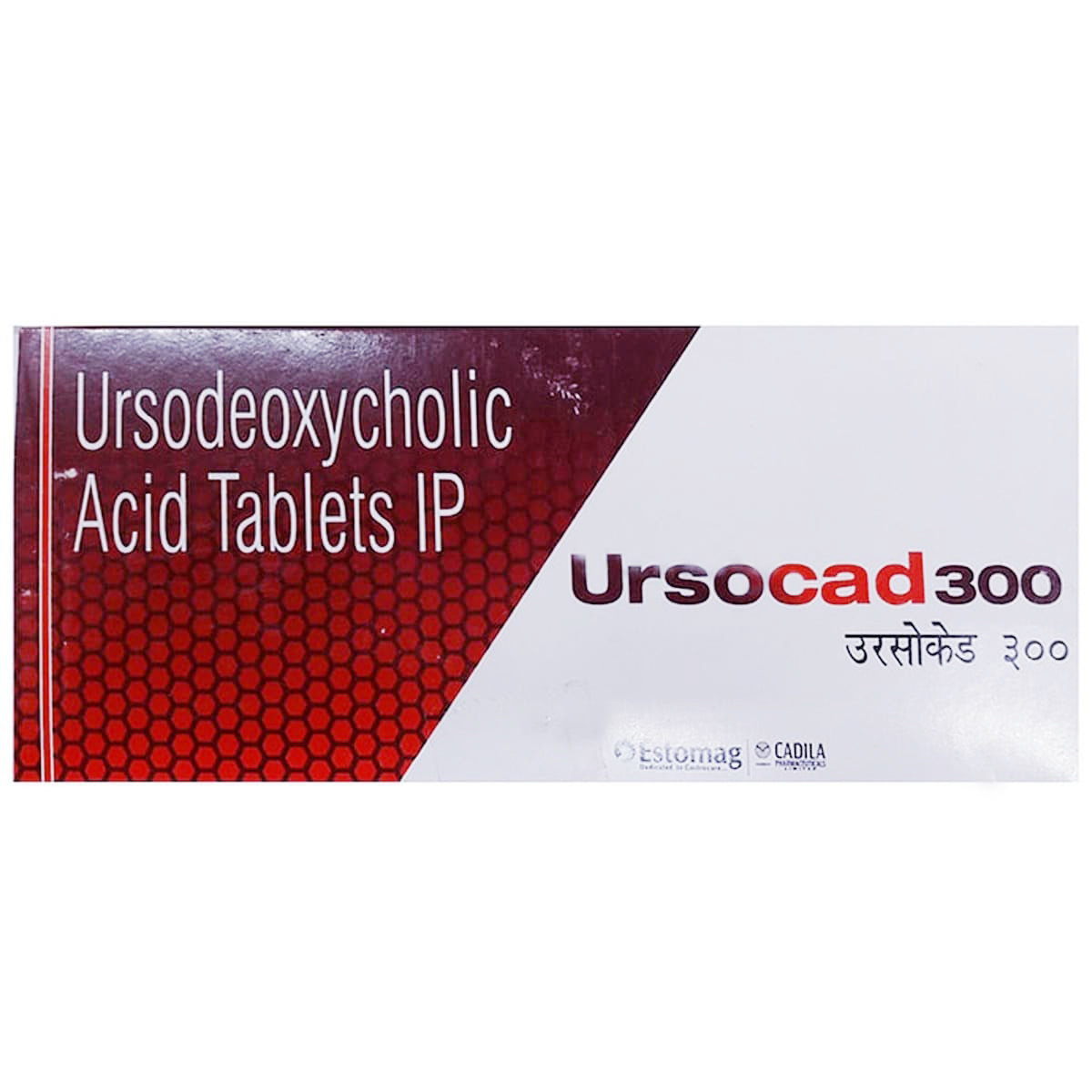
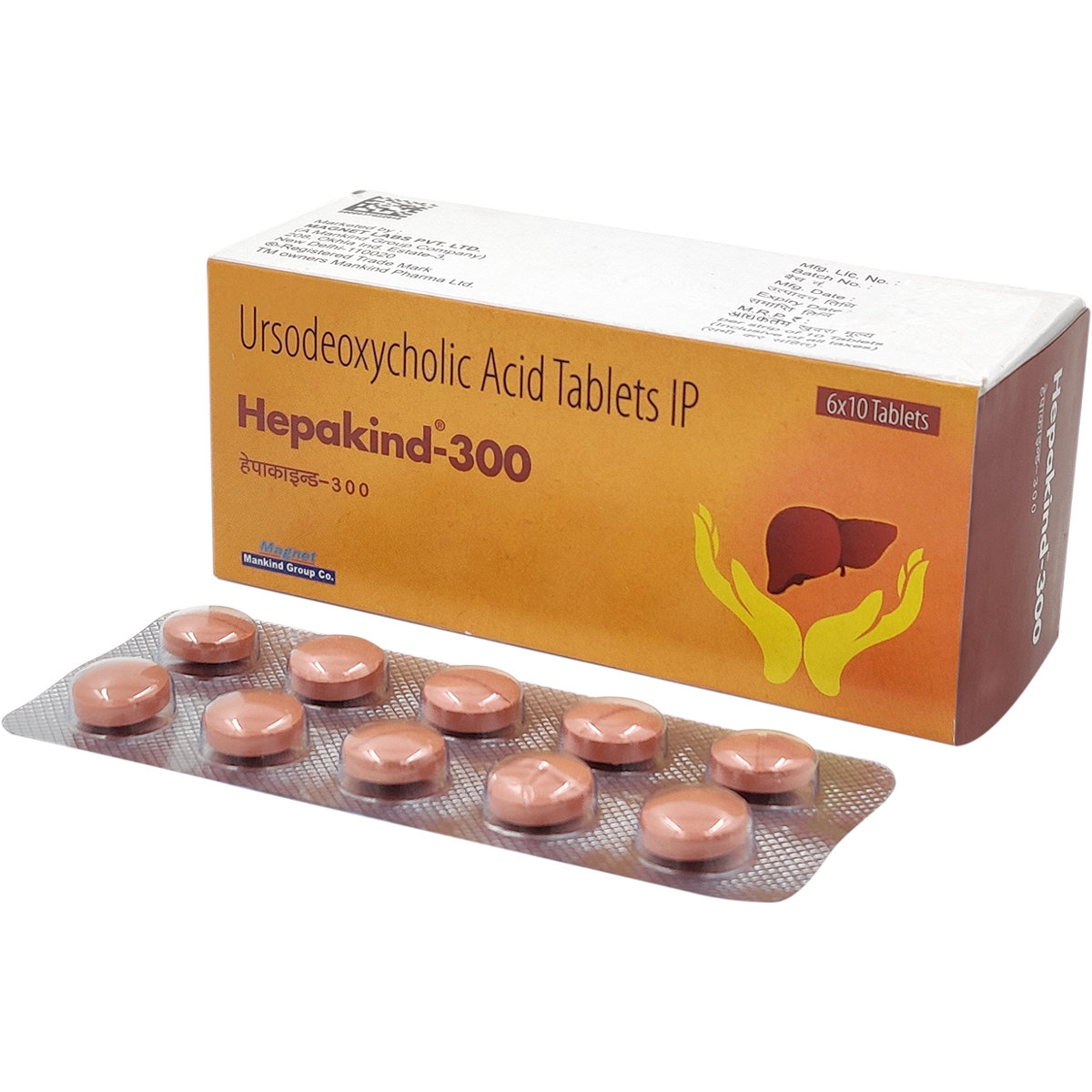
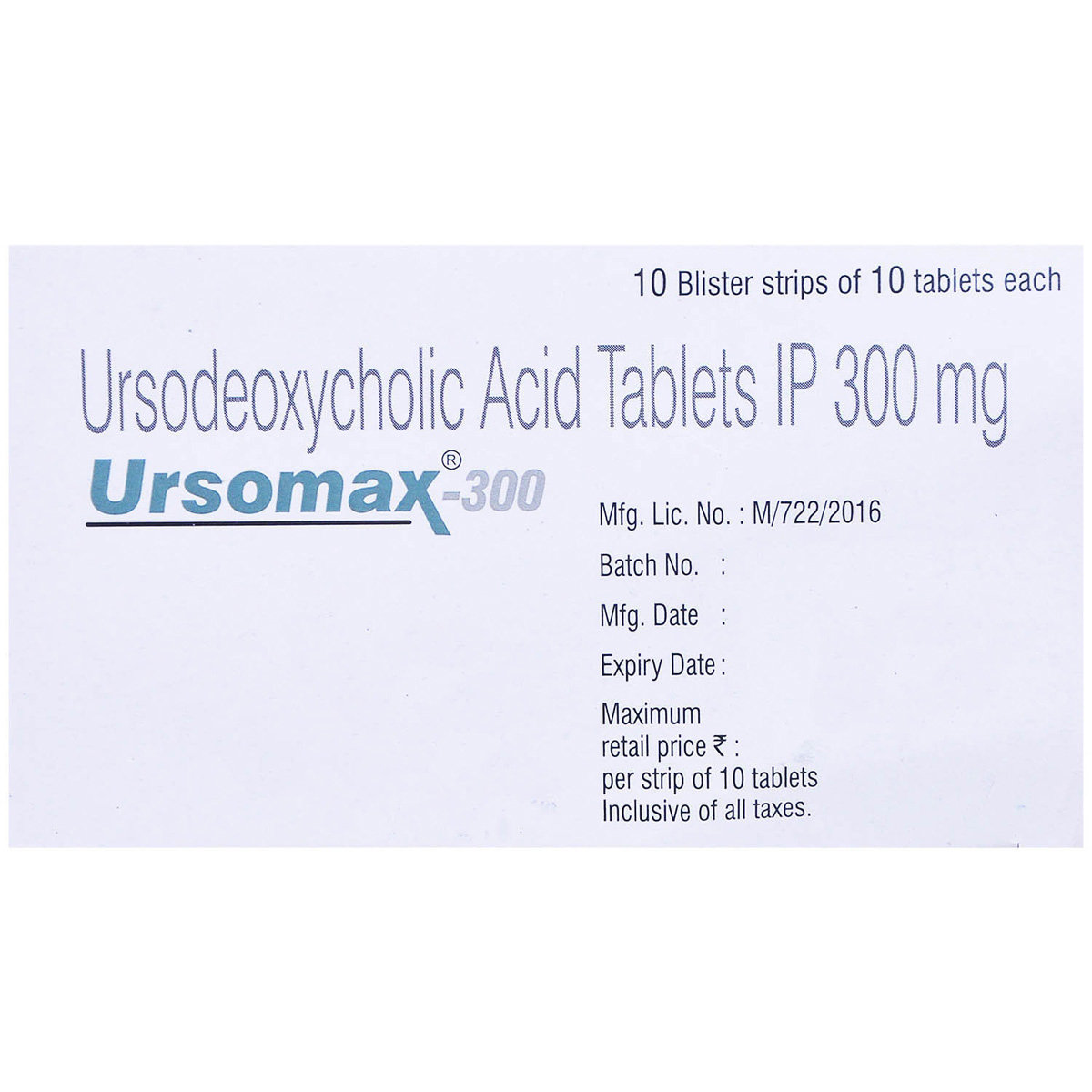

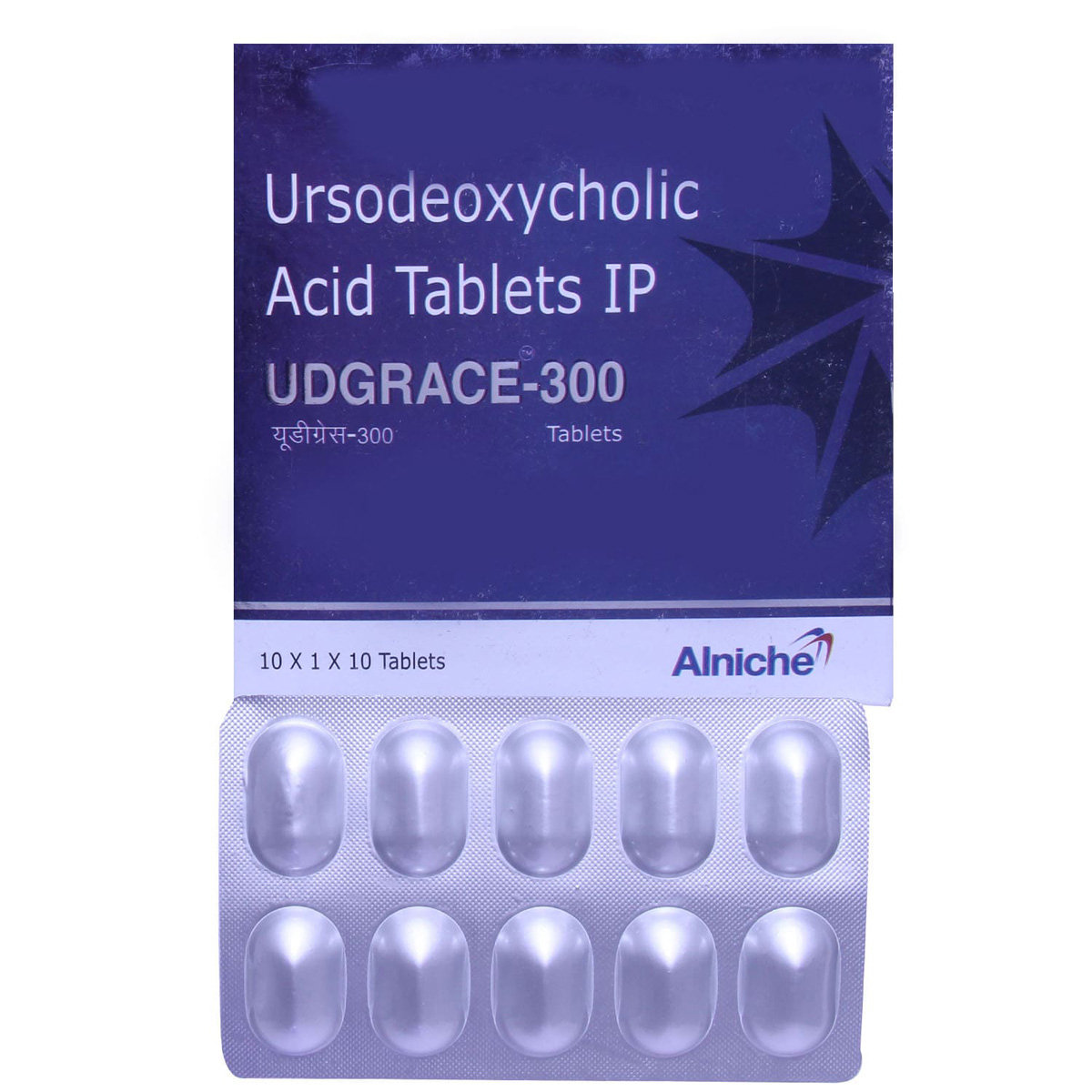
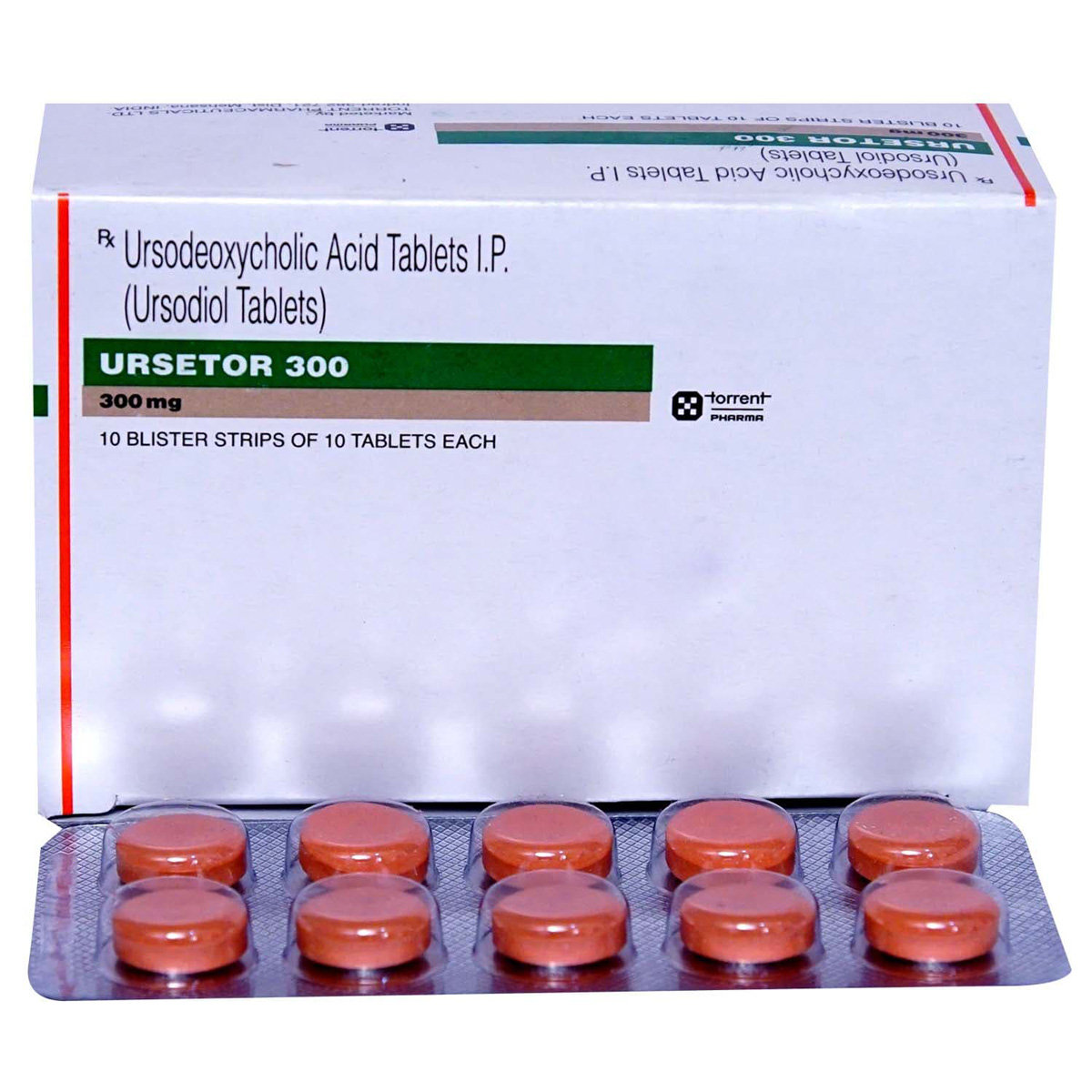
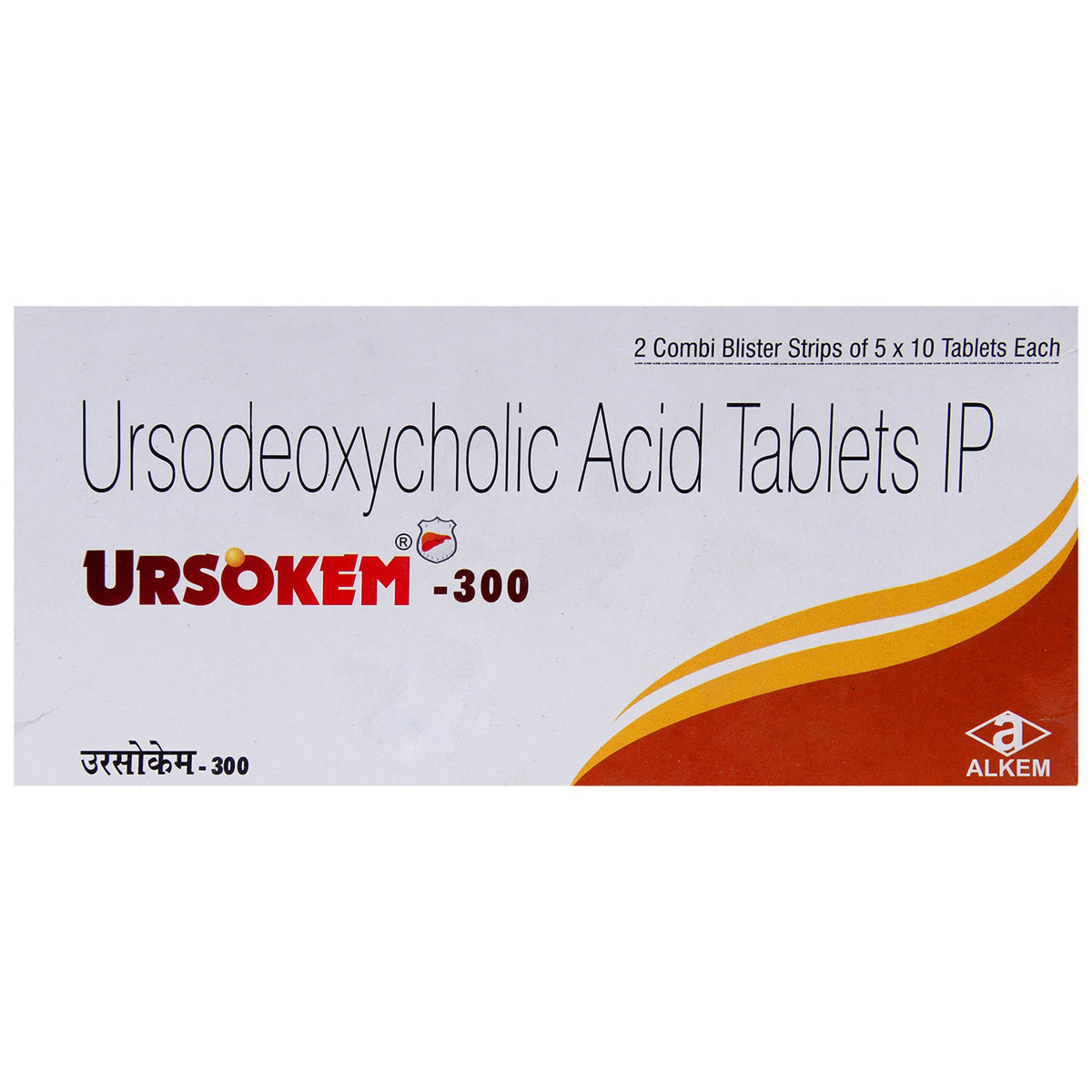
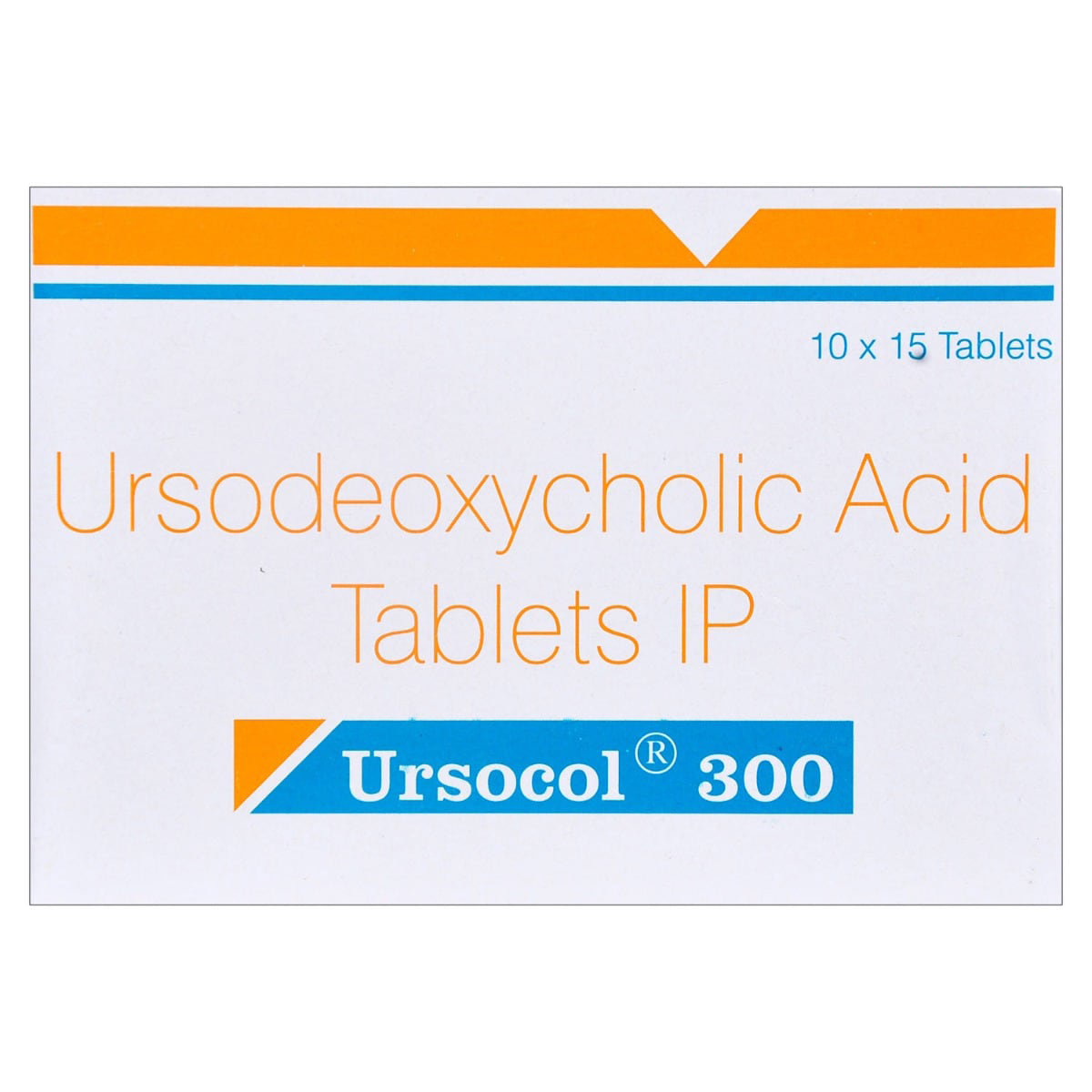
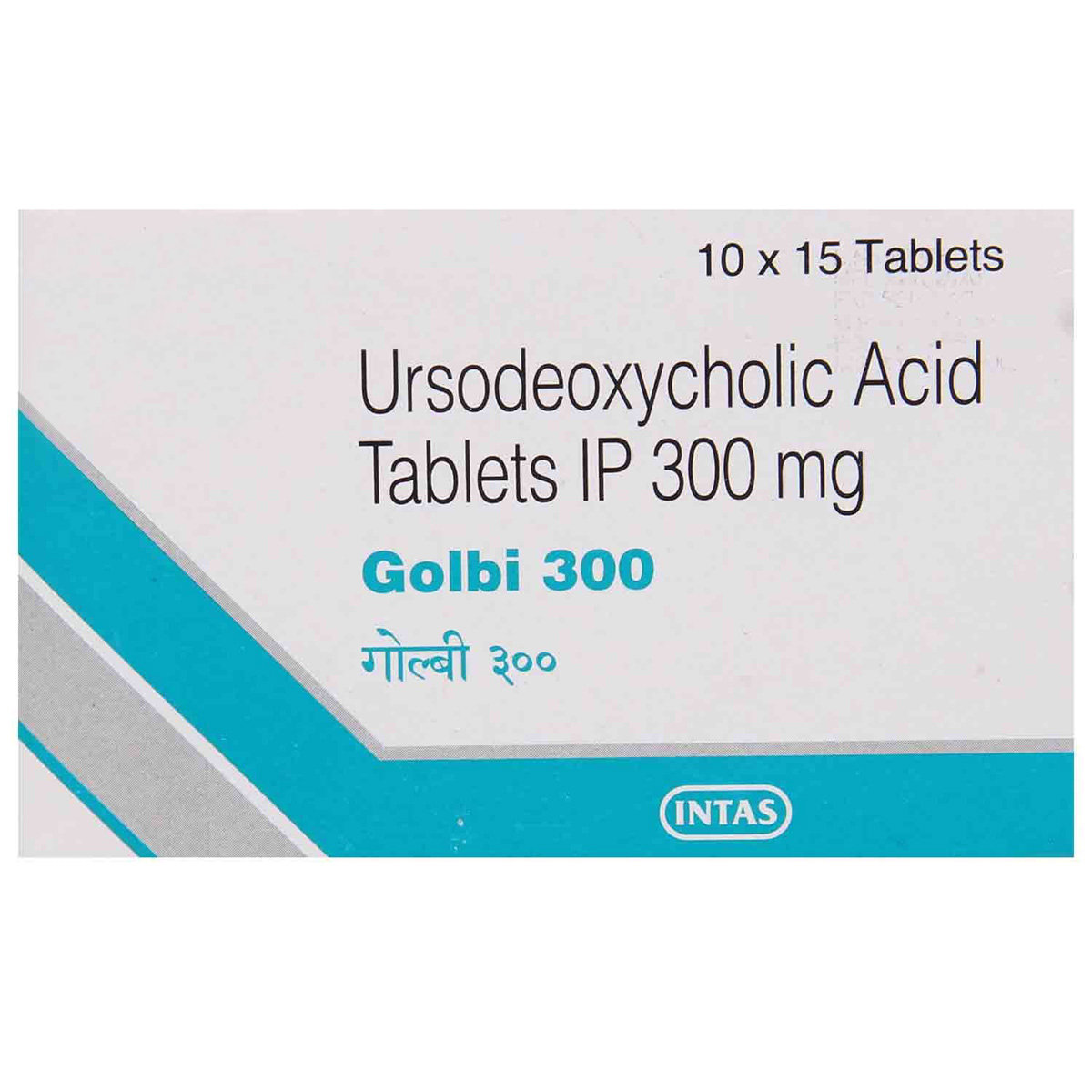


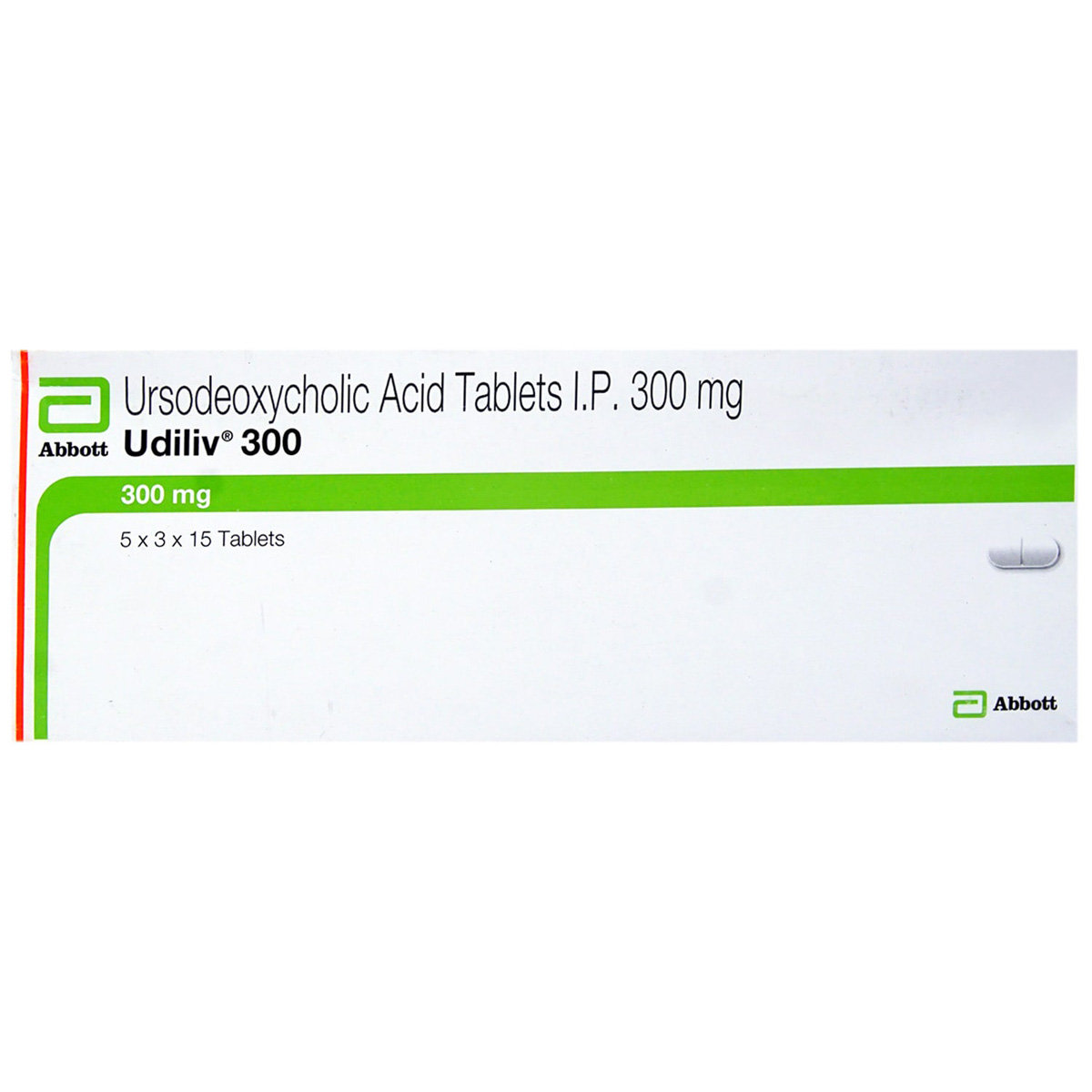

_0.jpg?tr=q-85)

